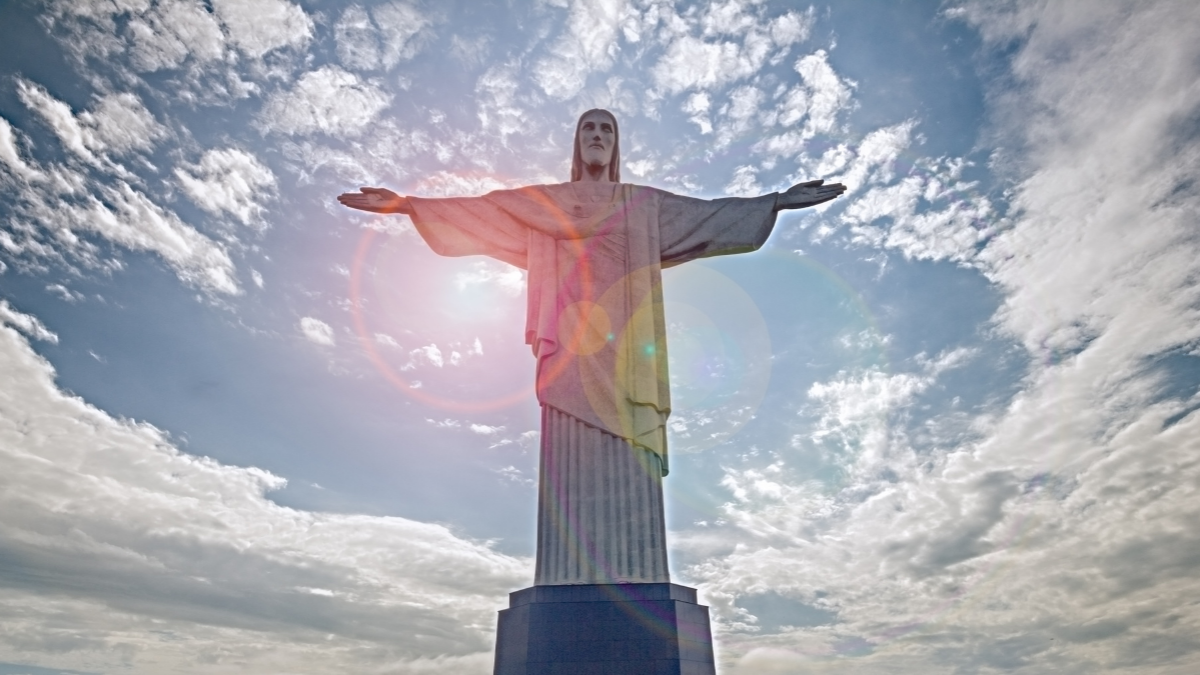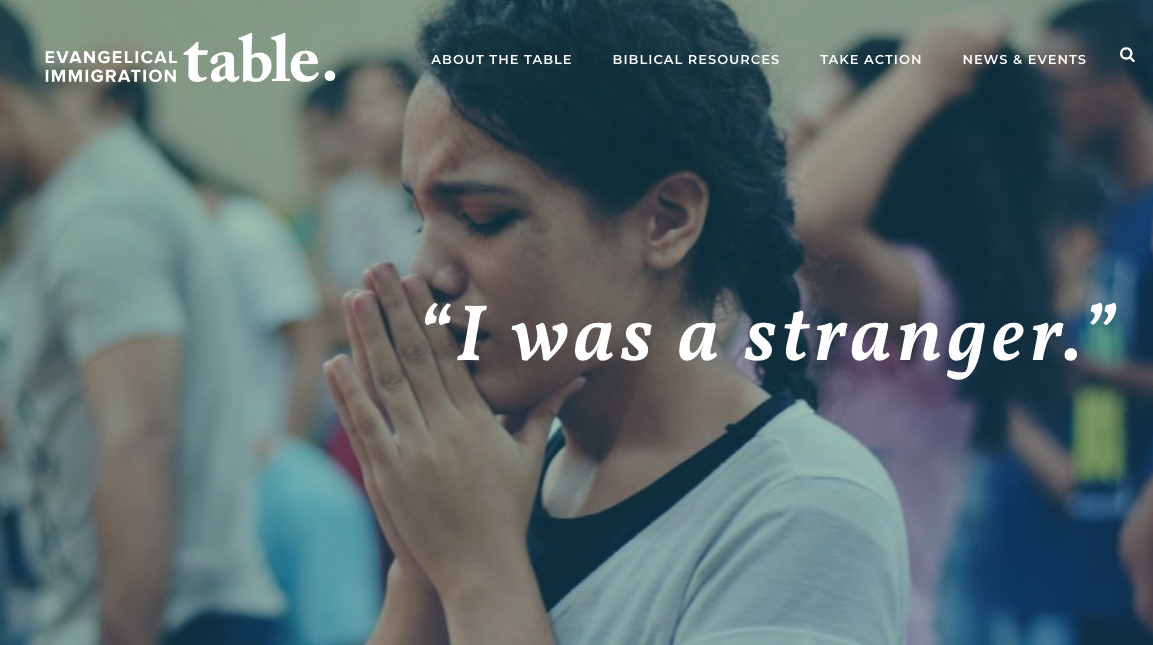
Time and time again, the media and the Left launch efforts to discourage Christian conservatives after major victories for their values in the culture. With Public Religion Research Institute’s (PRRI’s) recent research release on “America’s changing religious identity,” their CEO Robert P. Jones tries to eulogize “white evangelicals” by citing America’s demographic shifts and decline in those identifying by this term.
It’s been no secret that President Trump’s victory was due largely to the unprecedented number of evangelical voters who showed up and voted for the conservative policies that the Republican platform promotes. Yet Jones sees these actions as merely a last-ditch effort to remain culturally relevant.
By hailing the “end of white Christian America,” they’re really trying to say it’s the end of the influence of Christian moralism on the culture, and that simply isn’t true. Out of PPRI’s 14-point findings, here are three statements worth scrutinizing.
White Christians now account for fewer than half of the public. Today, 43% of Americans identify as white and Christian, and only 30% as white and Protestant; as compared to 1976 when roughly eight in ten Americans identified as white and identified with a Christian denomination, and a majority (55%) were white Protestants.
White Americans do not hold a monopoly on Christianity or evangelicalism. There is a growing and diverse movement within evangelicalism that is not highlighted by polls like this one. Nor do they take into account the growing, ethnically diverse population of Americans who are not white but also identify as evangelicals (like me).
After the passage of the 1965 Immigration Act, we’ve seen major growth in the non-white population, to the point where projections are that white Americans won’t be the majority of the U.S. population by 2065. If these projections are correct, white people shouldn’t and wouldn’t be making up the majority of anything, including religious groups.
White evangelical Protestants are in decline, along with white mainline Protestants and white Catholics. White evangelical Protestants were once thought to be bucking a longer trend, but over the past decade their numbers have dropped substantially. Fewer than one in five (17%) Americans are white evangelical Protestant, but they accounted for nearly one-quarter (23%) in 2006.
Why are there so few polls on black evangelicals—do we not exist? As noted in PRRI’s findings, Baptists make up the largest denominational family among Protestants, and they are making major strides in diversity. A growing number of churches are mega-churches that host an ethnically diverse congregation and do not cater to a majority-white audience. It is natural that as the demographics of the country change, so will the demographics of the church.
White evangelical Protestants remain the dominant religious force in the GOP. More than one-third (35%) of all Republicans identify as white evangelical Protestant, a proportion that has remained roughly stable over the past decade. Roughly three-quarters (73%) of Republicans belong to a white Christian religious group.
Is this a bad thing? No. It is natural that people identify with a political party on the basis of ideology, and since the Republican Party’s platform most aligns with biblical principles that Protestant and evangelical Christians believe in, this simply makes sense.
The Left’s bigotry against religion is not by accident. It is designed to silence those who stand for the righteousness that convicts their consciences. As Family Research Council President Tony Perkins said, “White people do not have a corner on biblical Christianity. It’s not about the color, it’s about the cross.”
The fail-safe to this so-called “end of white Christian America” (otherwise known as the “end of Christian moralism”) is the Great Commission. In Matthew 28:19-20, Jesus says, “Therefore go and make disciples of all nations, baptizing them in the name of the Father and of the Son and of the Holy Spirit, and teaching them to obey everything I have commanded you.”
As Christians, we are commanded to share our faith with the nations or, as some translations say, “all the people groups.” There is no color left out of needing to hear the gospel, and no place we should not be spreading the good news of Jesus Christ. If Christians are faithful to do this, then there will be no end to our influence on culture.









